 |
 |
 |
|---|
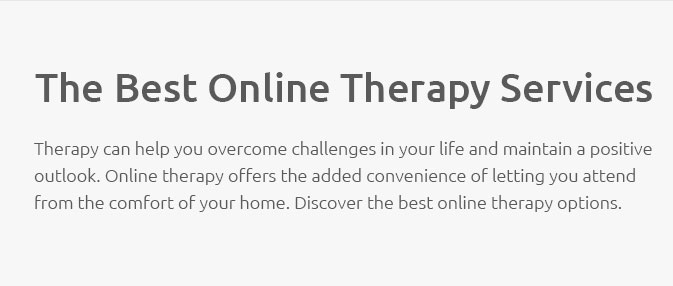 |
 |
|---|
 |
|
|---|---|
 |
 |
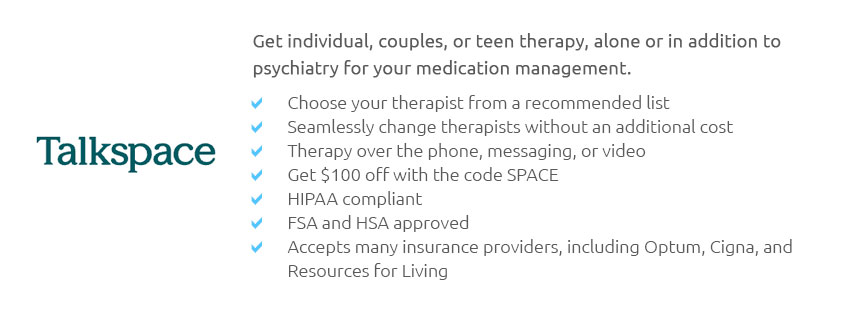 |
 |
 |
 |
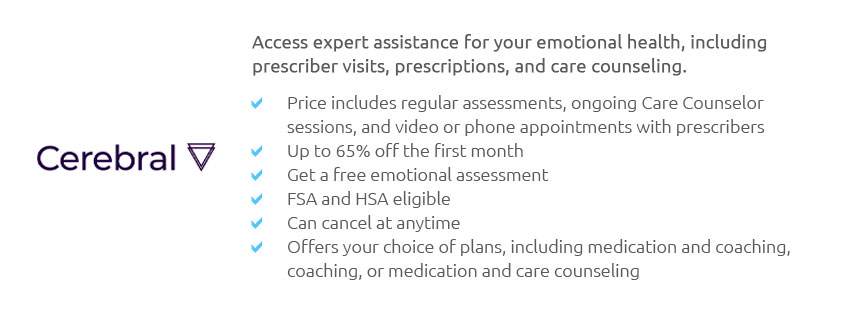 |
 |
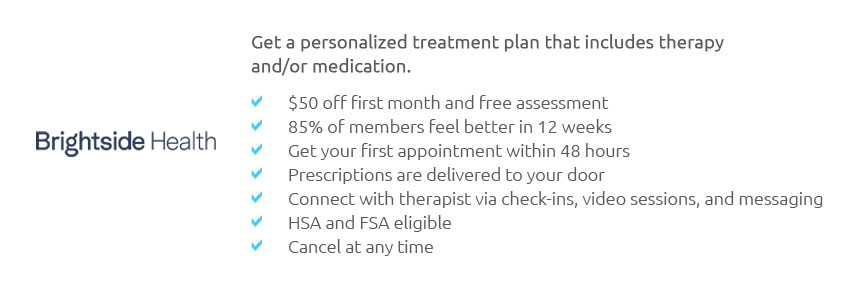 |
 |
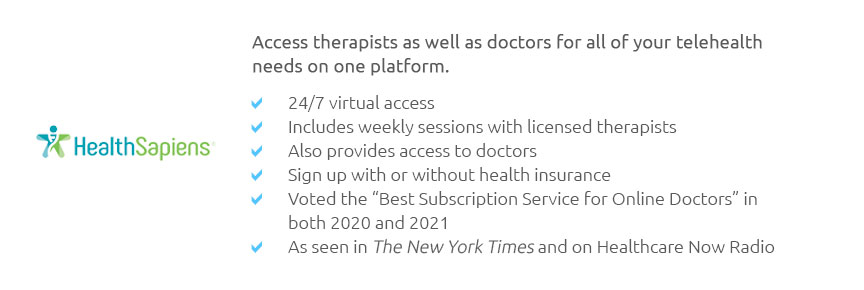 |
 |
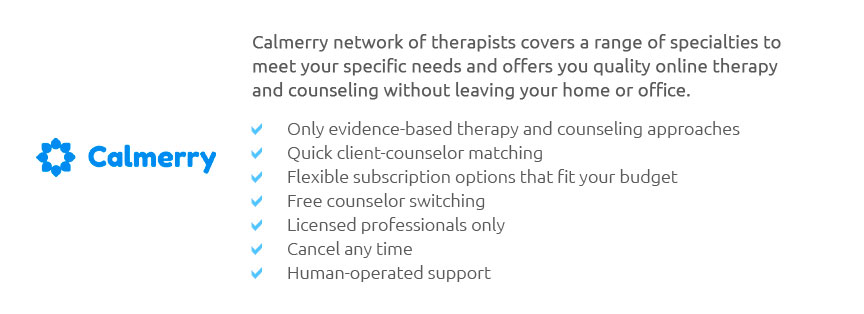 |
 |
 |
 |
|---|
Understanding Internet Therapy and Its Growing PopularityIn today's fast-paced world, internet therapy has emerged as a revolutionary way to access mental health support. With the rise of technology, people can now receive therapy from the comfort of their own homes, offering convenience and accessibility like never before. What is Internet Therapy?Internet therapy, also known as online therapy or e-therapy, involves providing psychological support through digital platforms. This can include video calls, messaging, or even phone calls. This form of therapy can be particularly useful for individuals who may have difficulty accessing traditional in-person therapy sessions. Advantages of Internet Therapy
Challenges to ConsiderDespite its benefits, internet therapy also has challenges. It's important to consider the lack of physical presence, which can sometimes affect the therapeutic relationship. Additionally, ensuring privacy and data security is crucial when dealing with online platforms. Real-World ExamplesMany therapists have adapted to this new mode of therapy, seeing positive outcomes. For instance, a therapist in Bloomington, MN reported an increase in clients who prefer online sessions, citing that it allows for a more flexible approach to therapy. Who Can Benefit?Internet therapy can be beneficial for a wide range of individuals, including those with mobility issues, people with busy schedules, or those who feel anxious about face-to-face interactions. It's also a valuable option for aspiring professionals looking to want to be a therapist and wish to incorporate digital solutions into their practice. Frequently Asked QuestionsIs internet therapy as effective as in-person therapy?Research indicates that internet therapy can be just as effective as traditional therapy for many mental health issues, particularly when the therapist and client are well-matched and the platform is secure. What should I look for in an internet therapist?Ensure that the therapist is licensed and experienced in your area of concern. It's also important to check that the platform they use is secure and that they have a clear privacy policy. Are there specific conditions that internet therapy cannot address?While internet therapy is versatile, severe mental health conditions that require intensive care or hospitalization may not be suitable for online sessions. In conclusion, internet therapy is a growing field that offers numerous benefits and has been a game-changer for many seeking mental health support. As technology advances, it's expected to become an even more integral part of mental health services. https://www.verywellmind.com/best-online-therapy-4691206
We have consistently tested and reviewed dozens of online therapy companies and directories in order to bring you the absolute best in online therapy. https://www.apa.org/topics/telehealth/online-therapy
Become an informed consumer of telepsychology serviceslearn factors to take into account when considering online therapy and explore additional resources. Date ... https://www.7cups.com/
Our trained volunteer listeners are available 24/7 to give emotional support over online chat. It's anonymous and completely free.
|
|---|